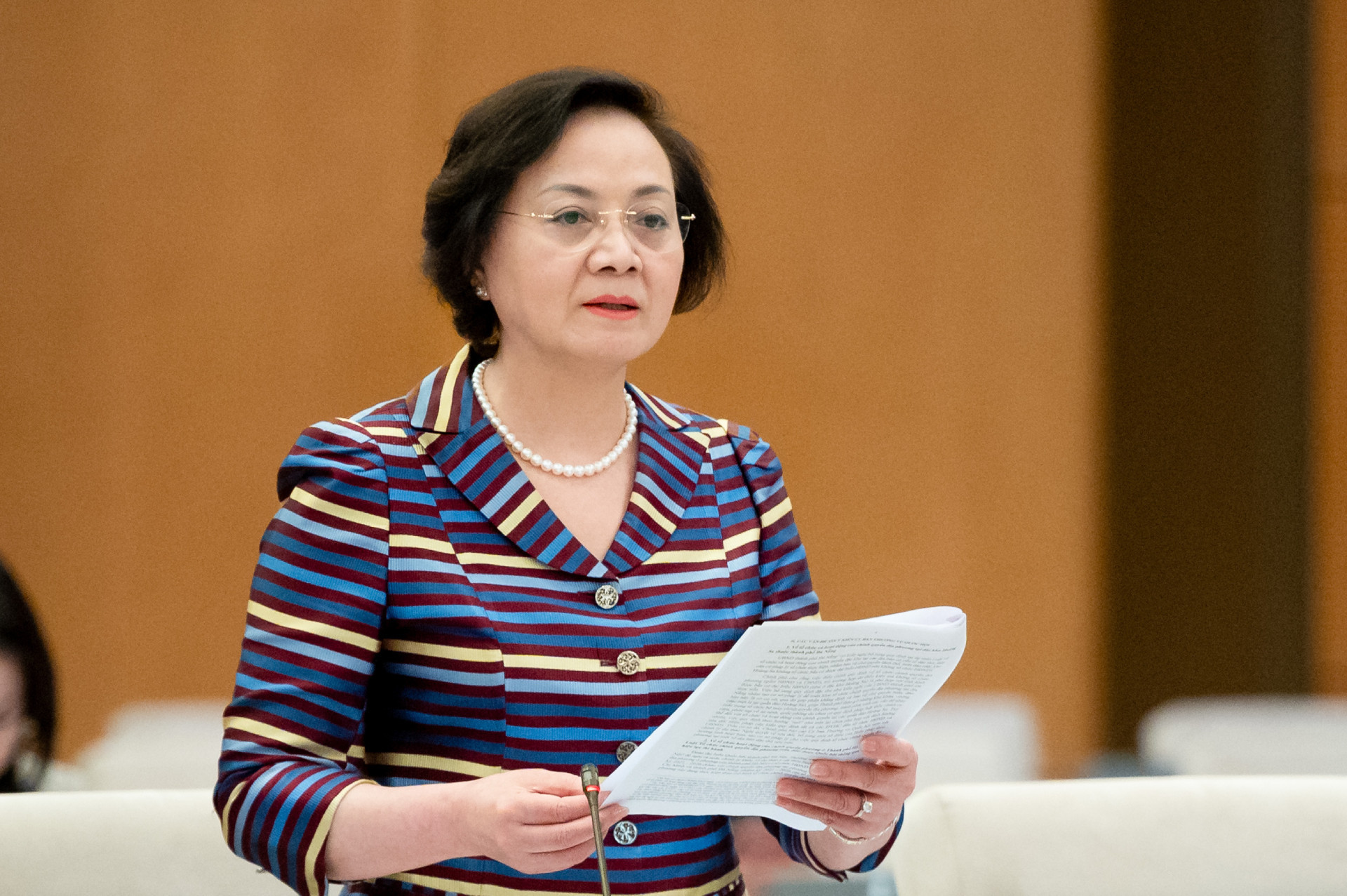The Vietnamese government has proposed allowing contracts with distinguished entrepreneurs, experts, scientists, and legal professionals to take on leadership and managerial roles within the civil service.

During a session held by the National Assembly Standing Committee to review the amended Law on Cadres and Civil Servants, one of the most notable provisions discussed was the introduction of a special mechanism to attract exceptional individuals into public service.
According to the draft law, the state will implement policies to attract talented professionals including entrepreneurs, scholars, scientists, legal experts, top graduates, and other high-quality human resources. These individuals will be offered roles in government institutions with appropriate incentives and recognition.
The legislation outlines that individuals considered "talents in public service" must possess strong political and ethical qualities, a deep commitment to serving the nation and its people, and demonstrate exceptional competence and innovation in handling public duties. They must also exhibit boldness, accountability, and a track record of notable achievements in government service.
The government will regulate the framework for attracting and retaining such talent through clearly defined policies.
Minister of Home Affairs Pham Thi Thanh Tra, presenting the government’s report, emphasized the need to improve the mechanism for attracting skilled human resources and recognizing public service excellence.
The policy targets two key groups: high-quality professionals entering the public sector from outside, and exceptional civil servants who have demonstrated outstanding results in their roles.
Three main forms of recruitment from outside the public sector are outlined in the draft. Among them is a new provision allowing contractual appointments of exemplary entrepreneurs, experts, scientists, and legal professionals to hold leadership and management positions within the civil service.
While the proposal received general approval from the Standing Committee of the National Assembly’s Legal and Judicial Affairs Committee, some members noted a need to align such appointments with current Party regulations concerning leadership standards. These include criteria on political integrity, ethics, discipline, and conduct.
Some members also suggested that Party authorities revise related policies to enable smooth implementation of the new legal framework.
The government noted that agencies have already approved job positions and corresponding civil service grades. Once the amended law takes effect on July 1, 2025, newly recruited civil servants will be assigned to job positions aligned with appropriate grades.
For existing civil servants, a transitional period is required to review and reassign them according to their designated job positions and civil service ranks. The government has proposed a deadline of July 1, 2027, for ministries and local agencies to complete this reassignment process.
Tran Thuong